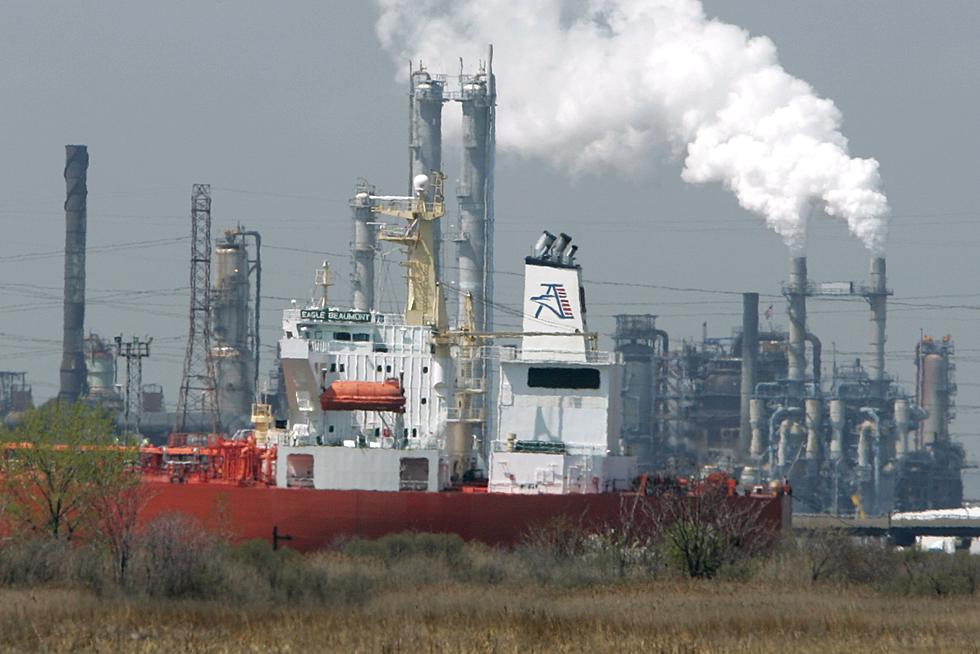
EPA: Close to 6 million pounds of toxic chemicals released in NJ
Releases of toxic chemicals into New Jersey's air, water and land totaled nearly 6 million pounds in 2017 from factories and refineries, according to an inventory report from federal officials.
Out of 56 states and territories regulated by the U.S. Environmental Protection Agency, New Jersey ranks 12th-worst for toxic releases. New Jersey's total dropped slightly from 2016, and is less than a third of what it was in 2010.
At 306,000 pounds, ammonia was the top chemical released into the air in New Jersey in 2017. Exposure to very high levels of ammonia, environmental advocates say, can cause lung damage and death, and is particularly an issue for individuals with asthma. Other toxic waste released into the air include hydrogen cyanide, sulfuric acid, toulene and xylene.
Nitrate compounds, which represented 99 percent of the chemicals released into the water statewide, have adverse health effects as well.
According to the EPA's report, the Phillips 66 Bayway Refinery in Linden was New Jersey's biggest polluter in 2017, responsible for emitting close to half of the state's release total.
The EPA report shows significant differences between counties in the amount of toxic chemicals released. For example, 555 pounds were released in Cape May County, compared to more than 172,000 in Middlesex County.
Jeff Tittel, director of New Jersey Sierra Club, said while release totals have gone down in New Jersey, 6 million pounds of carcinogenic material still isn't good. Fears are the problem could worsen as the Trump Administration seeks to roll back certain air pollution and emission rules.
"We also have the ability under our own laws to regulate pollutants that the federal government will choose not to," Tittel said.
Tittel hopes to see the toxin release count get cut in half in the next few years. He said the general public's shift toward renewable energy can help in that mission.
"I also think that the state needs to do more to help encourage businesses to reduce pollution," he added. "A lot of times when these facilities upgrade for efficiency, they actually pollute less."
More From Beach Radio










